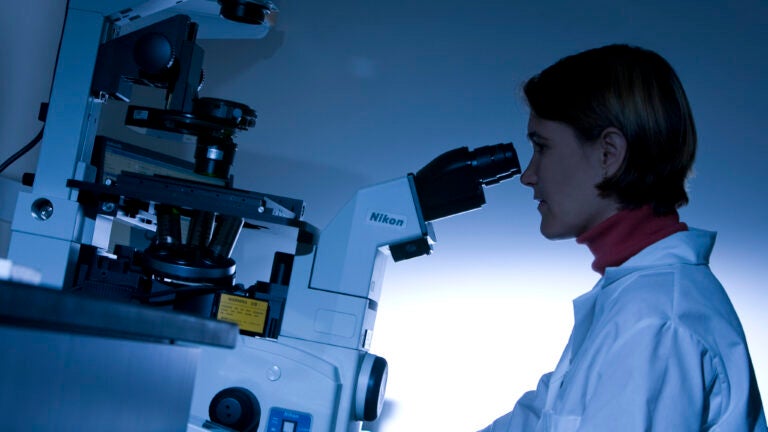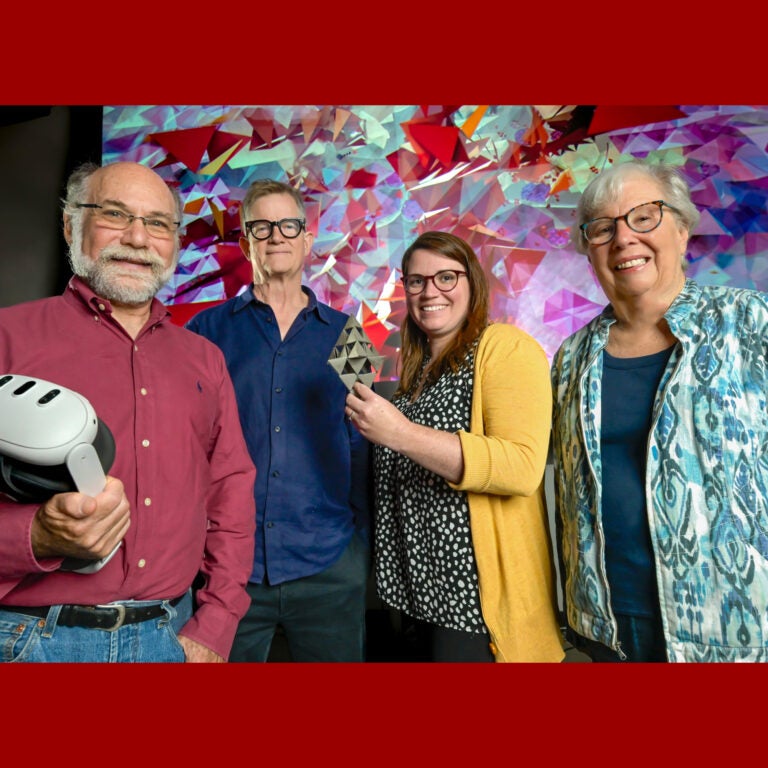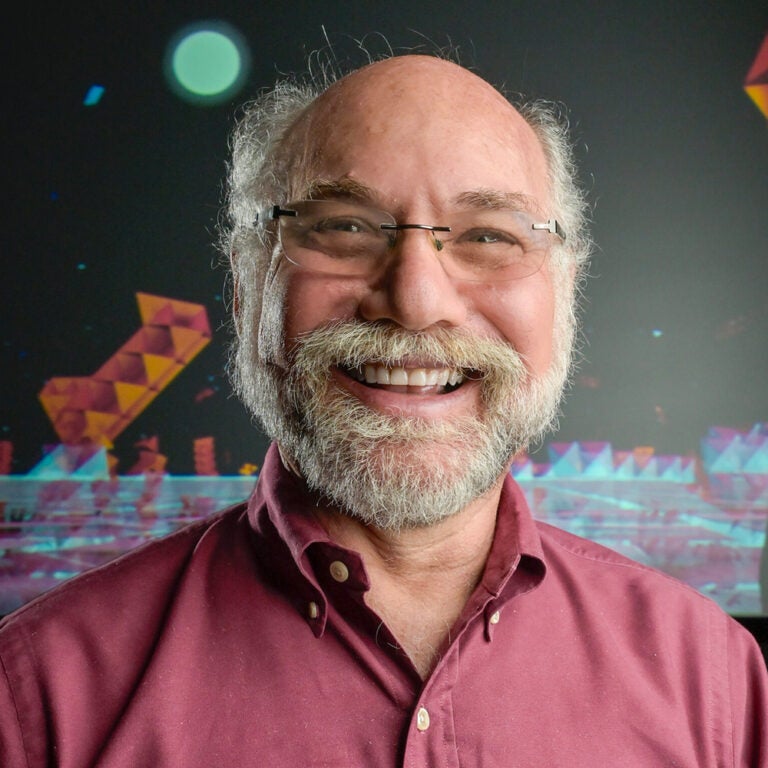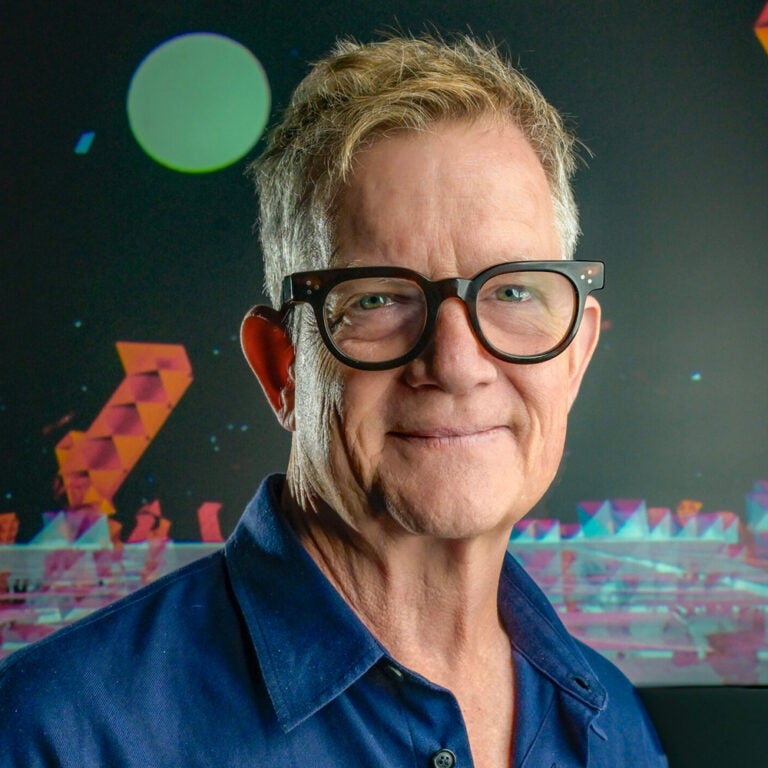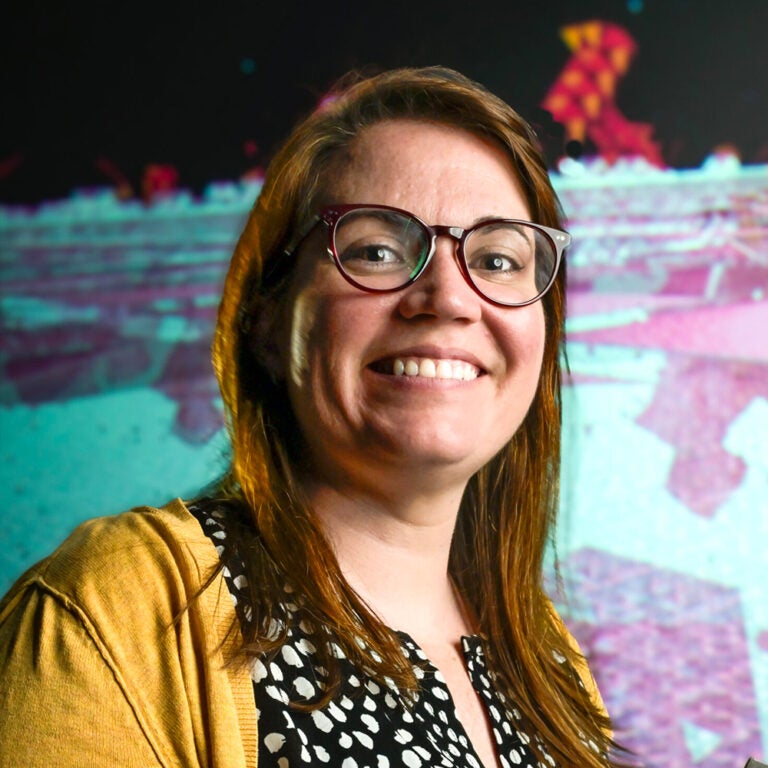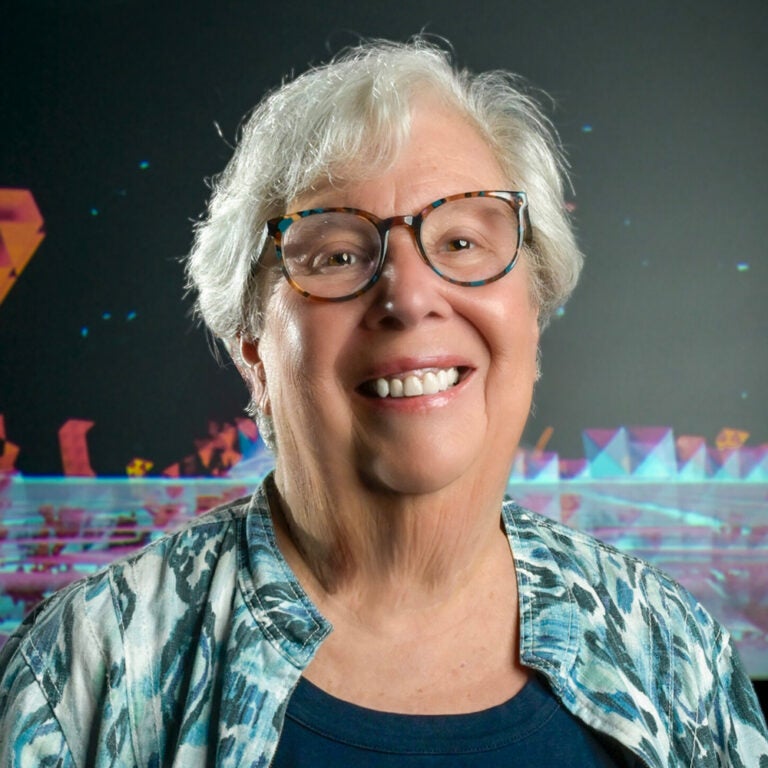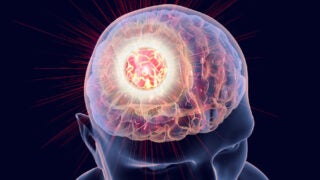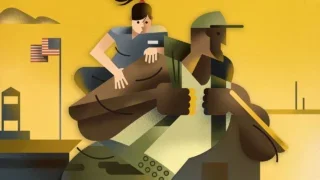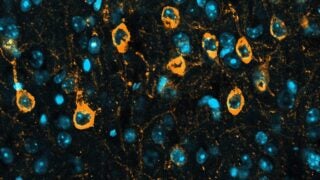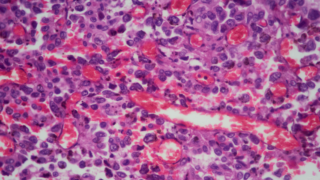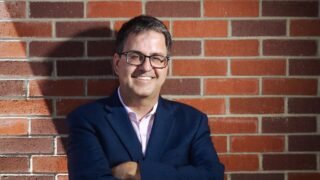Exploring Medical Frontiers
Health care, science, engineering, design and more converge at USC to take on today’s most pressing issues affecting the human body. At the forefront of medical developments worldwide, the university’s cooperative approach models what it means to work together for the common good.
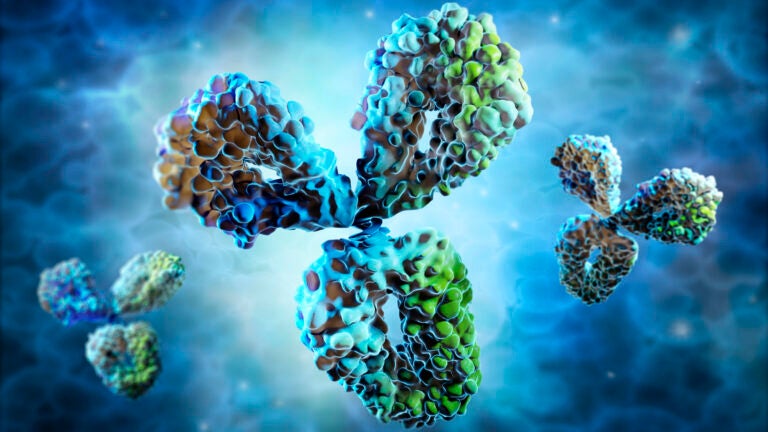
Novel Approaches
Developing biodevices and life-saving medicines is just the beginning. Traditionally, barriers exist between experts in different disciplines fighting the same disease or health problem; at USC, we clear the way for new avenues of collaboration.
This is a critical time in health care where only a select few institutions will have the ability to take advantage of the great advances in science to provide markedly improved clinical care if not cure intractable diseases.
Steven Shapiro, USC Senior Vice President for Health Affairs
Breadth in Medical Research
Interdisciplinary Creativity for Medical Discovery
Bringing together medicine, engineering, advanced computing, chemistry, cinema, design, 13 USC labs and over 30 groups worldwide, USC’s Pancreatic Beta Cell Consortium is building a groundbreaking atomic resolution model of the pancreatic beta cell. The mission? Improve the lives of the more than 100 million people living with diabetes.
This collaborative team is advancing our understanding of the complex inner workings of the human body.
USC Michelson Center for Convergent Bioscience
Accelerating discoveries from bench to bedside, the Michelson Center brings together diverse disciplines — think engineering, cinema, information sciences and more — to reimagine biomedical discovery and application.
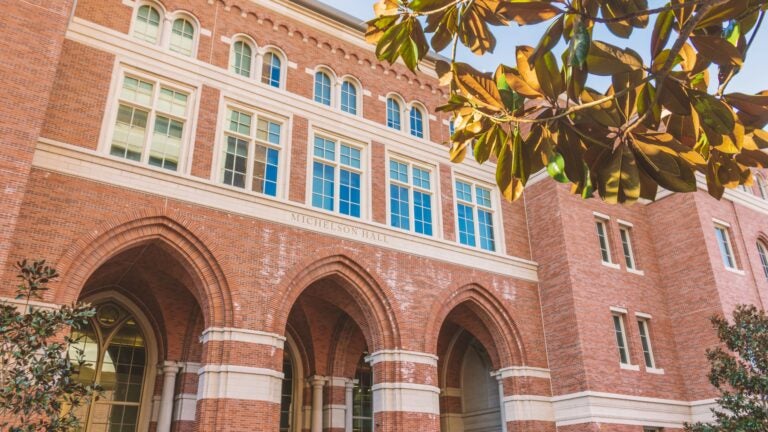
USC Leonard D. Schaeffer Center for Health Policy & Economics
As one of the nation’s premier policy centers, the Schaeffer Center measurably improves value in health through evidence-based policy solutions, research excellence, and private- and public-sector engagement.
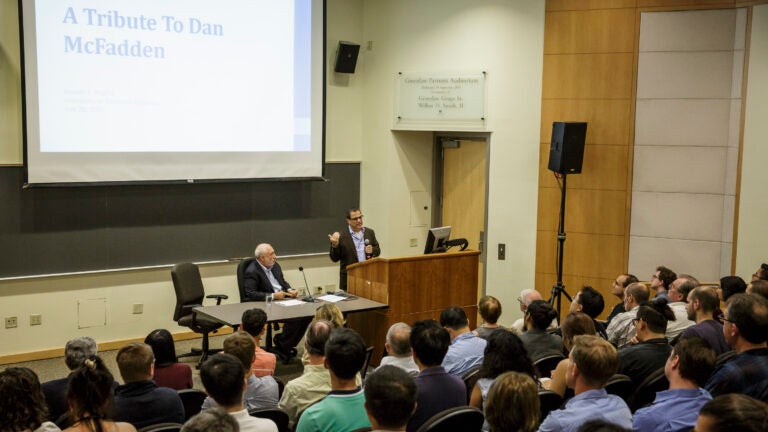
USC Edward R. Roybal Institute on Aging
Advancing research, policy and practice, the USC Edward R. Roybal Institute on Aging improves the lives of older adults and their families from diverse communities locally, regionally and globally.
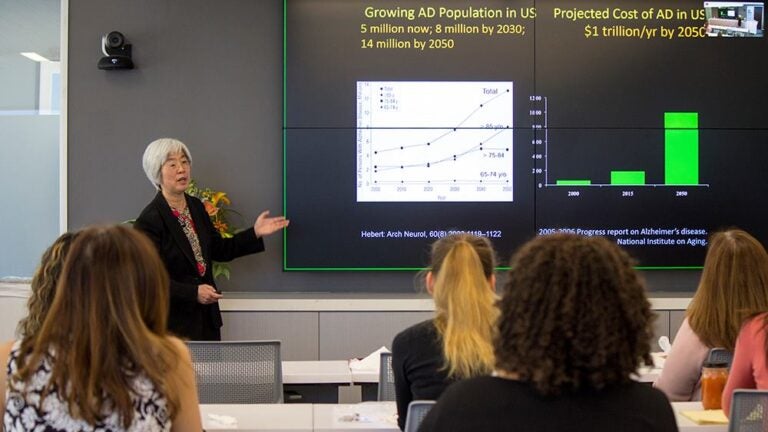
Department of Population and Public Health Sciences
Through high-impact, interdisciplinary research and training, USC’s population and public health experts are improving lives locally and globally through the Keck School of Medicine of USC and in collaboration with global partners.
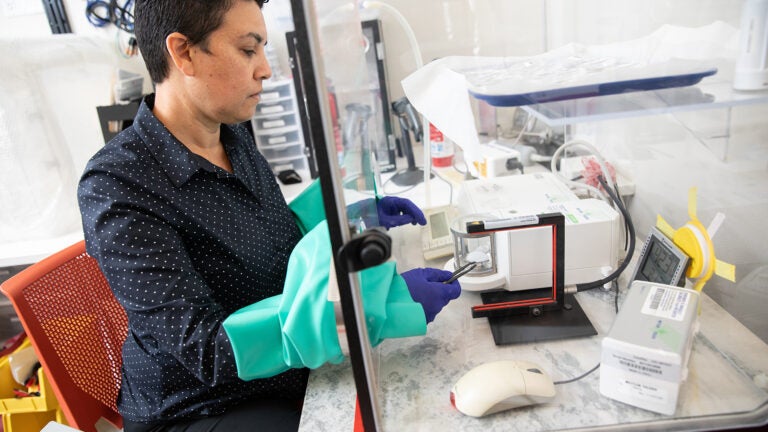
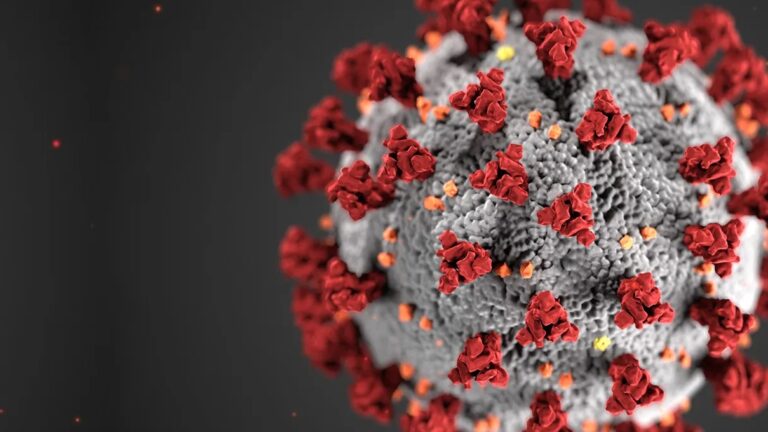
The Call to Innovate
Some of today’s most demanding illnesses call for courses of action that are not just new, but revolutionary. USC has combined seven schools under its health sciences umbrella to consider the full scope of contributing factors when treating illness: medical, dental, pharmaceutical, occupational therapy, physical therapy, social work and gerontology.
An Ecosystem of New Methods
Trojan scientists, engineers, designers, researchers, health care experts and diverse collaborators are uniting across vast areas of expertise and resources to uncover new medical pathways, bravely breaking traditional barriers in health care research.
Could electric fields supercharge immune attack on the deadliest form of brain cancer?
USC-led research finds that an electric field device placed on the scalp, along with immunotherapy and chemotherapy, may help patients with glioblastoma live longer.
Study links maternal health risks during pregnancy to higher blood pressure in children
USC research finds that obesity, gestational diabetes and hypertensive disorders of pregnancy were tied to elevated blood pressure in offspring, with effects that grow as children age.
USC physical therapists treat soldiers at military bases across the country
Three Trojans find more autonomy in the military, where they are the first line of defense when injuries occur
How to clear a toxic protein that can lead to Alzheimer’s and related diseases
USC Stem Cell scientists discover a new way to rid cells of toxic tau protein in a study involving “mini-brains” known as organoids.
How AI and genomics are personalizing cancer treatment
USC-led study uses AI to analyze genetic mutations and improve cancer treatment strategies
How USC researchers are using computer code to write the future of medicine
Remo Rohs discusses the work of USC Dornsife’s Department of Quantitative and Computational Biology.

